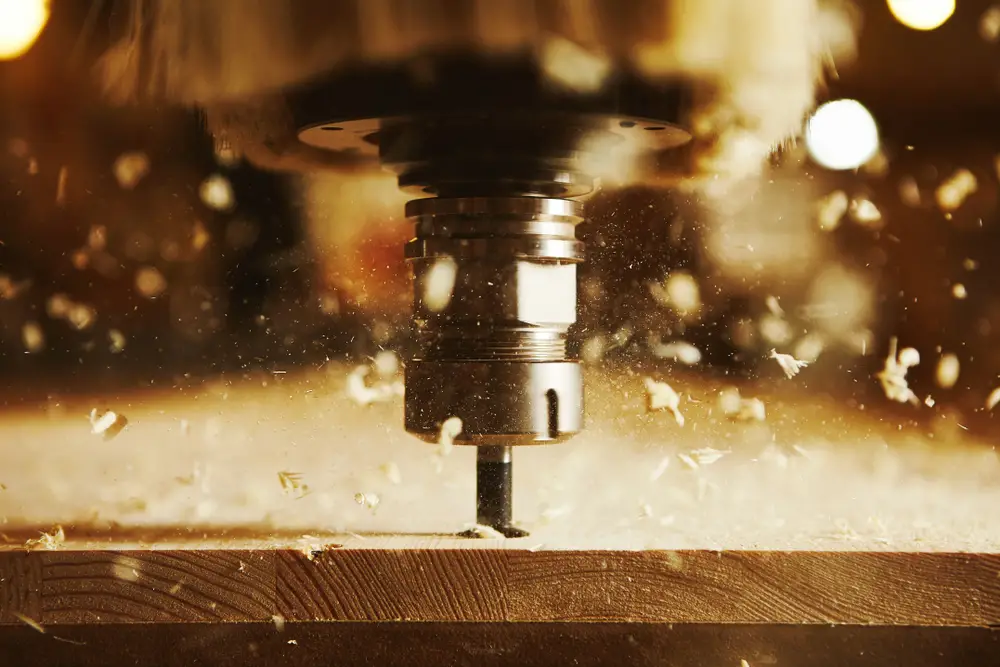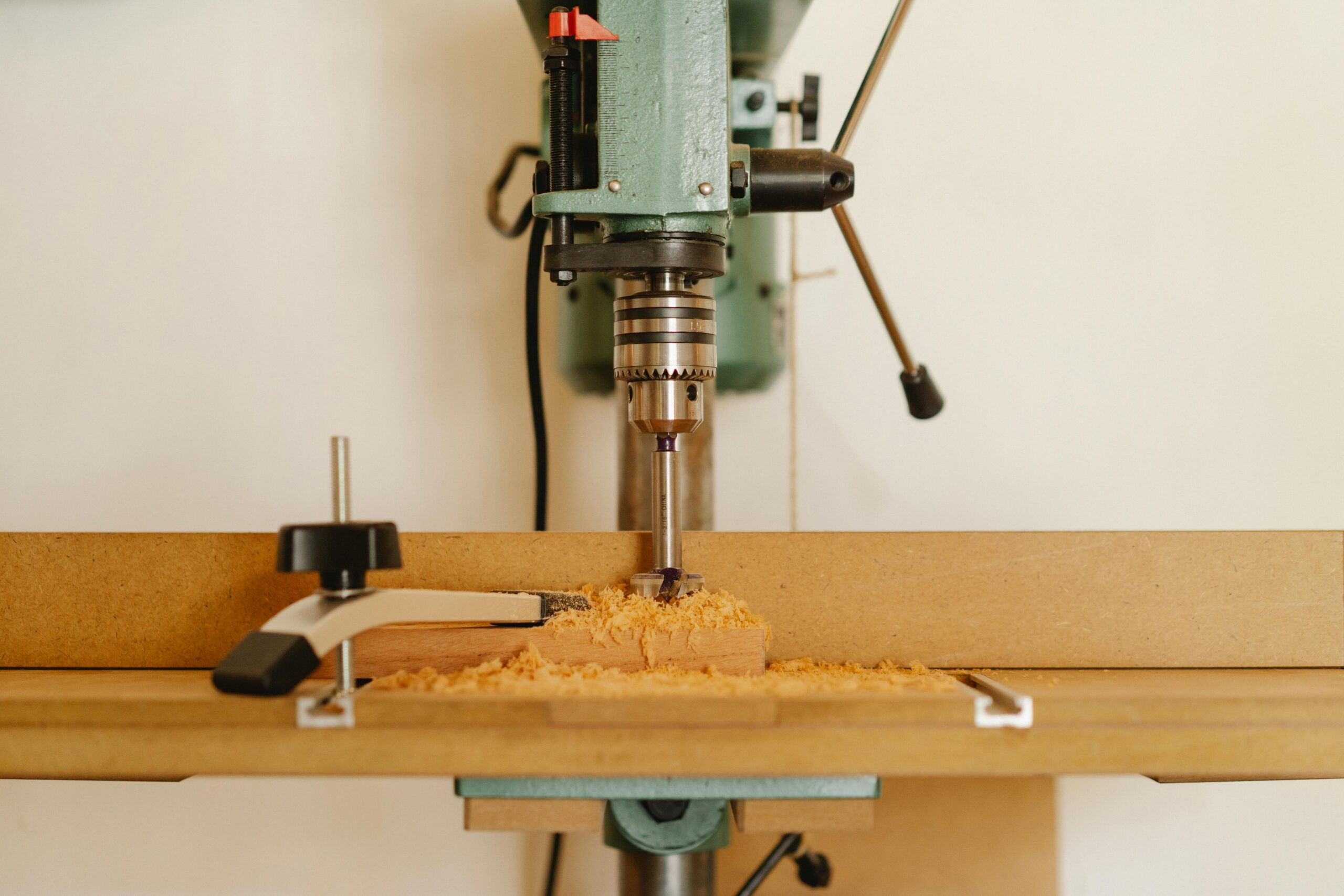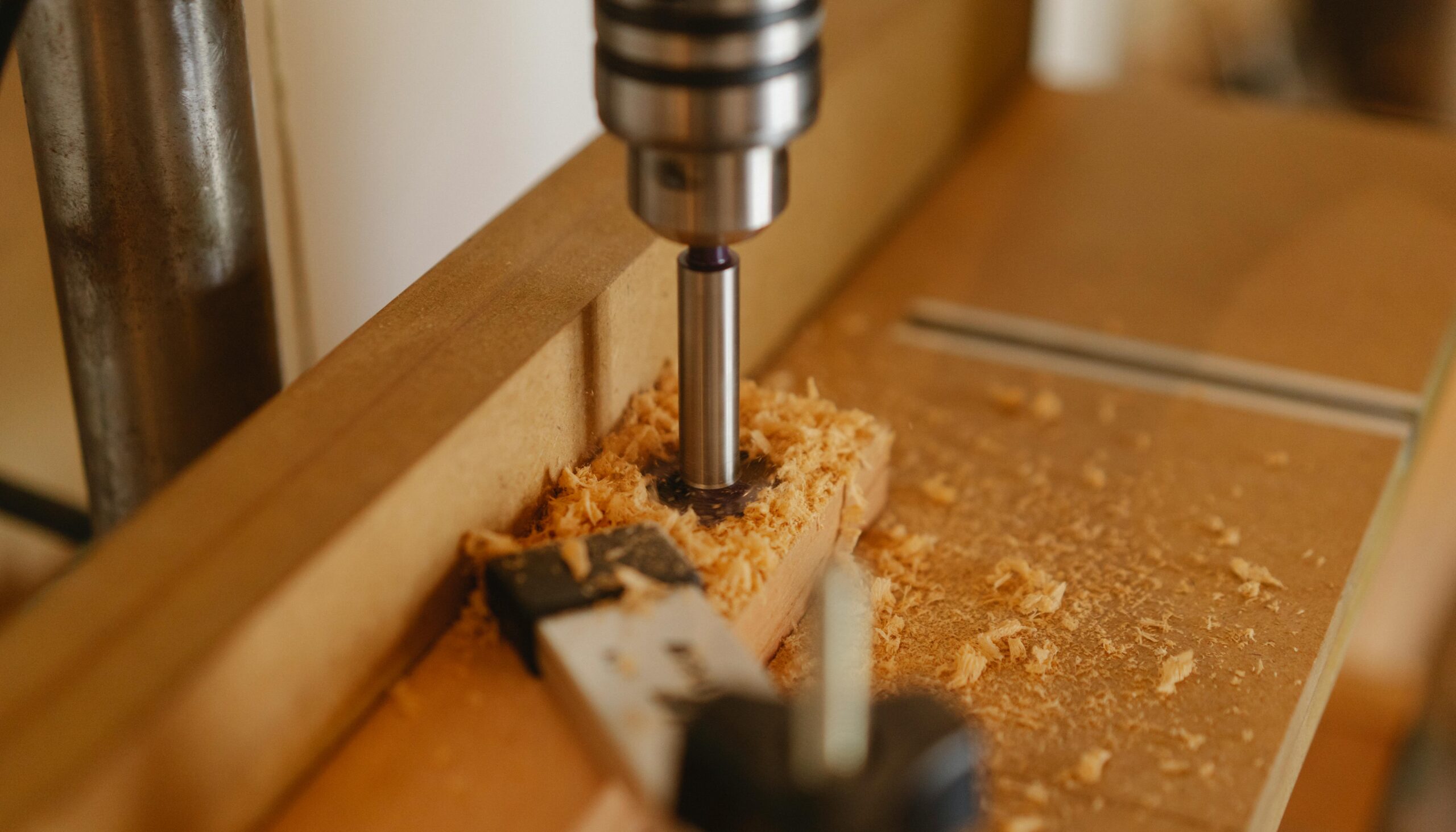How Much Is a Wood Router in 2024?
Ready to upgrade your woodworking game, but unsure how much to invest in a router?
Wood routers are essential for adding intricate details and personality to your projects. They can create decorative edges, joints, holes, and even recesses with the right bits. When shopping for a router, your budget is a crucial factor to consider.
Prices range from budget-friendly models under $100 to high-end professional versions exceeding $500. Your choice depends on your needs, usage frequency, and available funds. This guide will break down the factors influencing wood router prices.
We’ll explore costs for different types and sizes to help you make an informed decision. By the end, you’ll know exactly how much to budget for your perfect wood router.
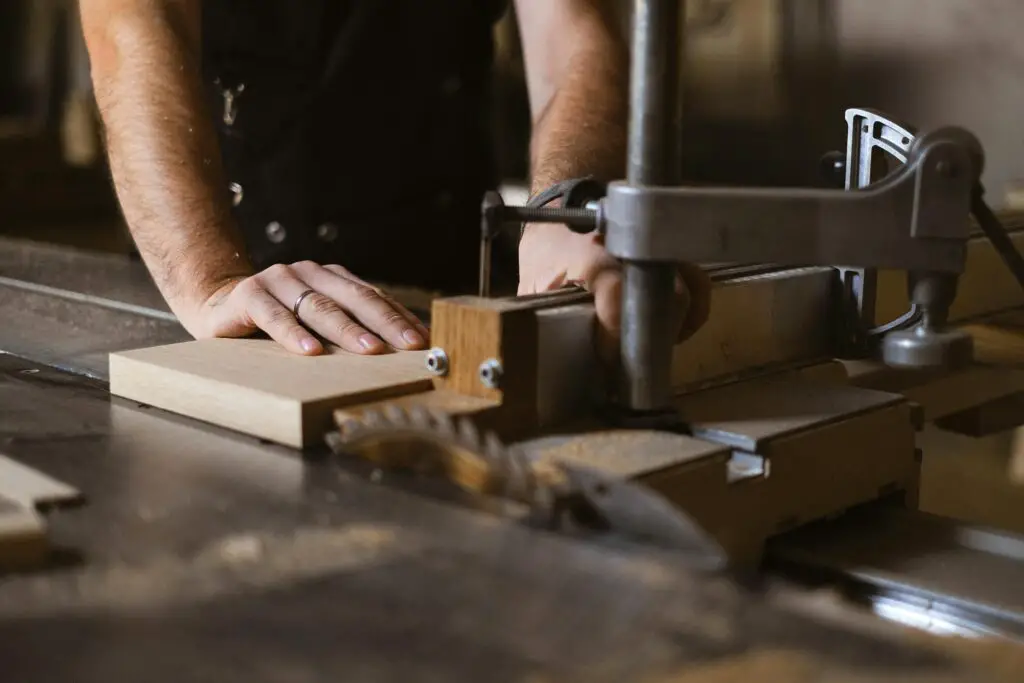
Key Factors Affecting Router Costs
Several important factors influence the cost of wood routers, such as.
Motor Power
The motor horsepower (HP) affects both power and precision. More powerful motors cost more but allow for deeper, smoother cuts.
- Small routers: 1 to 1-3/4 HP – For light duty trimming and detailing. Cost $100-$200.
- Mid-size routers: 2 to 2-1/4 HP – For general routing tasks. Cost $200-$300.
- Large routers: 3 to 3-1/4 HP – For heavy duty cutting and shaping. Cost $350+
Bit Changing System
How the router allows you to change bits influences convenience and speed.
- Single wrench – Most basic method. Involves manually loosening the collet nut.
- Spindle lock – Allows you to lock the spindle with a button when changing bits.
- Tool-free – Most convenient but pricier systems that allow quick bit changes without tools.
Variable Speed
You can adjust the speed from about 10,000 to 25,000 RPM. This range lets you control the speed for various materials and bit sizes. While this feature may cost more, it ensures cleaner and more precise results.
Soft Start
The soft start feature gradually increases the motor speed to prevent sudden jerking at the start. This feature helps reduce wear on the motor and enhances your control over the tool. It does add to the overall cost of the device. However, the feature proves valuable for achieving precision in your work.
Precision Depth Adjustment
Accurate depth control is essential for consistent results. More expensive routers allow precise micro-adjustments.
Plunge Base vs Fixed Base
- Plunge bases allow the bit to be plunged downward during operation for stopped cuts and precision. This versatility comes at a higher cost.
- Fixed bases only allow preset depth adjustments. While more affordable, they lack the flexibility of plunge routers.
Cordless Capability
Cordless routers provide enhanced mobility and user-friendly operation. Their convenience comes at a premium price point compared to corded models
Types of Wood Routers
Manufacturers offer various router types, each designed for specific tasks. You can choose from plunge routers, fixed-base routers, and combination kits to match your woodworking needs.
Benchtop/Stationary Routers
As the name implies, these larger routers are designed to be secured in a router table or work station.
- Cost range: $150 – $500+
- Motor power: 3 to 5 HP
- Key features: Precise depth adjustment, large table mounting holes, above table bit changing capabilities. Ideal for table routing, larger projects, and heavy duty use.
Plunge Routers
Plunge routers feature a movable base that lets you adjust cutting depth precisely. You can lock the motor at specific heights for accurate, controlled cuts. This design allows you to start cuts in the middle of a workpiece and make precise adjustments easily.
- Cost range: $170 – $500
- Motor power: 1-1/4 to 3-1/4 HP
- Key features: Plunge base, soft start, variable speed, depth turret. Designed for freehand use and versatility.
Fixed/Standard Base Routers
Fixed-base routers keep the motor in a set position. You adjust the depth manually before cutting.
These routers cost less than plunge models but offer fewer options for on-the-fly adjustments.
- Cost range: $80 – $250
- Motor power: 1-3/4 to 2-1/4 HP
- Key features: Preset depth levels. Good for beginners on a budget.
Compact/Trim Routers
Lightweight and compact for handling detail work. Limited in depth capacity.
- Cost range: $100 – $250
- Motor power: 1 to 2 HP
- Key features: Small size, rounded bases suited for flush trimming and edging. Lower power rating.
Combo Kits
These include both a fixed and plunge base to provide versatility in one package.
- Cost range: $170 – $350
- Motor power: 1-1/4 to 2-1/4 HP
- Key features: Combination plunger and fixed bases, soft start, variable speed. Added convenience at an increased cost.
Cost Ranges by Brand
Router prices also vary based on the brand and quality of construction. Below are average price ranges from the major manufacturers:
Consumer/DIY Brands
- DEWALT: $120 – $200
- Bosch: $100 – $250
- Craftsman: $80 – $180
- Ryobi: $80 – $150
- Skil: $60 – $120
- Porter-Cable: $140 – $280
- Hitachi: $90 – $240
Professional Brands
- Festool: $260 – $640
- Makita: $258 – $352
- Milwaukee: $152 – $504
- Whiteside: $159 – $299
- JessEm: $180 – $500
Professional-grade routers generally cost $150 to $300+ more than comparable consumer models. Investing in pro-level quality ensures durability, precision, and features like advanced depth adjustment systems.
Key Considerations By Price Range
The following are the key types of routers and features typical at different price points.
Under $100
This low price offers only basic features and functions.
- Compact trim routers
- Fixed bases
- 1 to 1-1/4 HP motors
- Single wrench bit change
- Lack advanced features
$100 – $200
In this range look for:
- Standard fixed or plunge bases
- 1-1/4 to 2-HP motors
- Spindle lock bit change
- May lack variable speed or soft start
$200 – $300
Expect more power, versatility and features.
- 2 to 2-1/4 HP motors
- Plunge, fixed or combo kits
- Variable speed
- Soft start
- Advanced bit retention systems
$300 – $500
Professional-grade performance and precision:
- 2-1/4 to 3-1/4 HP motors
- Precision plunge bases
- Micro depth adjustments
- Advanced bit changing systems
- Heavy duty construction
Over $500
Top of the line for demanding users:
- 3+ HP motors
- High torque and horsepower
- Heavy duty metal components
- Maximum precision and control
- Advanced features like dedicated dust collection
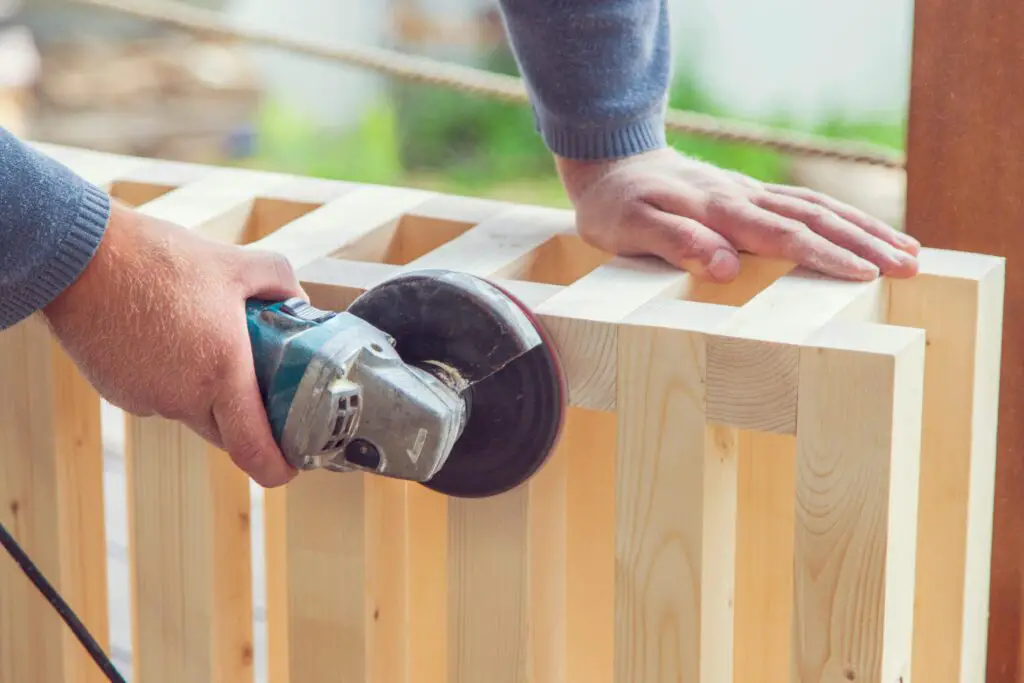
Recommended Models By Price Range
We recommend these top-performing routers at various price points, considering their quality and value.
Under $100
- Skil 1817 Fixed Base Router – $89
- Craftsman 17543 Fixed Base Compact Router – $99
$100 – $200
- DeWALT DWP611 Compact Router – $169
- Bosch 1617EVSPK Combo Kit – $199
- Porter-Cable 892 2-1/4 HP Plunge Router – $137
$200 – $300
- Festool OF 1400 EQ Plunge Router – $234
- Makita RT0701CX7 1-1/4 HP Compact Router Kit – $199
- DeWALT DW618PKB 2-1/4 HP Plunge & Fixed Base Router Kit – $219
Explore the exceptional features of Festool routers—discover more here.
$300 – $500
- Festool OF 2200EB Plunge Router – $469
- Milwaukee 5625-20 3-1/4 HP Router – $354
- Bosch MRP23EVS Plunge Router – $320
Over $500
- Festool OF1400 EBQ Plunge Router – $745
- Makita RP2301FC 3-1/4 HP Plunge Router – $540
- Milwaukee 5619-29 3-1/4 HP Variable Speed Router – $529
Features to Look for By Budget
Use this guide to prioritize the key features to look for based on your budget.
Under $150
Focus on:
- Fixed bases – More affordable but offer less flexibility
- 1 to 1-3/4 HP motors – Capable for lighter routing work
- Spindle lock – Convenient bit changing
- No variable speed – Look for single speed around 25,000 RPM
$150 – $250
Key upgrades:
- Plunge bases – Allow stopped cuts
- 1-3/4 to 2 HP motors – Handle thicker stock
- Variable speed – Better speed control
$250 – $400
Enhanced power and precision:
- 2 to 2-1/4 HP motors
- Soft start – Improves handling
- Micro-adjust depth – More depth precision
- Higher build quality – For durability
Over $400
Premium professional features:
- 2-1/4 to 3+ HP motors
- Advanced bit retention – For fast changes
- Precision plunge system
- Heavy duty metal components
- Above table adjustment – For table mounting
Buying Second Hand Can Save on Costs
Buying a used professional-grade router can be a smart choice when you’re on a tight budget. You can find quality used routers at big discounts on Craigslist, Facebook Marketplace, and eBay. Focus on well-known brands like Porter-Cable, Bosch, Festool, Dewalt, and Milwaukee. These often sell for half the retail price or even less.
When buying used, check the router’s condition carefully. Make sure all accessories and base plates are included. Test the router thoroughly before purchasing to avoid any surprises. Buying second-hand does have some risks, but the savings can be substantial. You might score a pro-level router at a fraction of its original cost.
Frequently Asked Questions
What is the cheapest router you can buy?
The absolute cheapest routers cost around $50-60 but are only recommended for very light duty use. Better budget options are in the $80-120 range from brands like Skil, Ryobi, Craftsman and Bosch.
Is an expensive router worth it?
More expensive routers from brands like Festool and Milwaukee offer excellent power, precision and features. For an avid woodworker, the productivity and quality gains of pro routers make them a worthwhile investment.
What can I do with a cheap router?
Inexpensive routers under $100 are suitable for simpler tasks like rounding over edges, light trimming, and basic routing. Avoid intense loads or fine joinery work.
How much router do I need as a beginner?
As a beginner, a moderately priced fixed or plunge router in the 1 to 2 HP range provides enough capability to learn on. Avoid overbuying top of the line models until you progress.
Should I buy refurbished/used routers?
Buying refurbished or used can be a great way to get pro-level routers at discount prices. Inspect condition closely and ensure all accessories are included. Test thoroughly before purchase.
What router offers the best value for money?
Routers in the $150 to $300 range from brands like DeWALT, Makita, Bosch and Porter Cable offer excellent performance, durability and features for the money. They provide the best overall value.
How much does it cost to have a router professionally serviced/repaired?
Router repair costs typically range from $50 – $150 on average. Simple brushes or bearing replacements may be $50-75 while bigger motor or switch repairs could be up to $150 plus parts.
Find out if a wood router is right for you—click here to explore the benefits and need for one.

